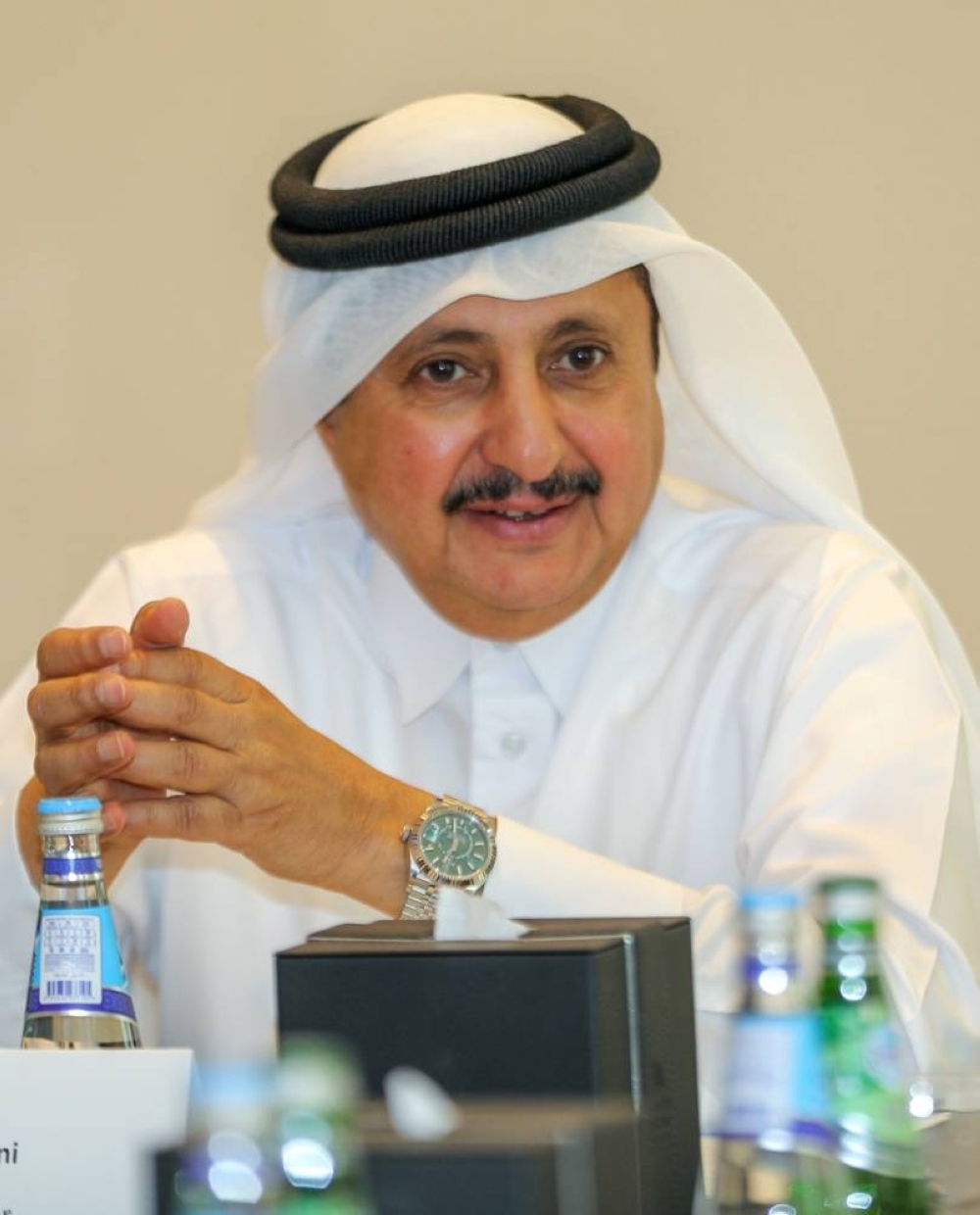The Qatar International Centre for Conciliation and Arbitration (QICCA) ensures that its new arbitration rules are aligned with the latest international industry trends that have been in effect since the beginning of 2025, an official has said.
Sheikh Khalifa bin Jassim al-Thani, chairman of both QICCA and Qatar Chamber, said the implementation of the centre’s new arbitration rules was announced as early as November last year during the ‘5th World Conference on International Arbitration’ held in Doha under the theme ‘Arbitration in the MENA Region – Present and Future.’
“At QICCA, a part of Qatar Chamber, our strategic vision aligns with Qatar National Vision 2030, which aims to enhance a sustainable investment environment and position Qatar as a global knowledge-based economic hub.
“Based on this vision, we remain committed to providing exceptional services and earning the trust of those engaged in commercial arbitration by attracting highly skilled and experienced professionals,” Sheikh Khalifa said in a recent edition of Al Moltaqa, the chamber’s economic magazine.
Sheikh Khalifa further said, “We are also committed to forging strategic partnerships with leading international arbitration centres and institutions. This commitment stems from our firm belief in arbitration as an effective means of dispute resolution, offering several key advantages. These include the ability for disputing parties to select the language, applicable law, and venue for arbitration.”
These statements reflect Qatar Chamber’s 2025-2030 strategy, which its board of directors recently approved in March. According to Sheikh Khalifa, the strategy focuses on resource sustainability and service development to keep pace with digital transformation and economic changes. It also paves the way for QICCA to implement a new strategy for the centre.
He also said the strategy aims to position Qatar as a global strategic hub for the private sector, making it the top choice for doing business, while its mission is to promote and support the Qatari private sector locally and globally, representing and defending its interests.
With new arbitration rules in effect and strengthened by last month’s approval of Qatar Chamber’s 2025-2030 strategy, Sheikh Khalifa emphasised that this reflects the country’s commitment to fostering a favourable climate for arbitration and the development of a pro-investment environment.
“Arbitration also guarantees privacy, efficiency, speed, effectiveness, and flexibility, with binding and enforceable judgments that are not subject to appeal except in specific circumstances. These attributes make arbitration the preferred option for resolving disputes,” he pointed out.
Citing the rapid increase in the volume and diversity of global economic activities, Sheikh Khalifa noted that commercial arbitration has emerged as one of the most important mechanisms for resolving disputes.
“With the rise of disputes both locally and internationally, finding quick and effective solutions between the disputing parties has become essential, positioning arbitration as a key alternative to litigation in courts,” he stressed, underscoring that QICCA remains committed to adopting principles and procedures used by leading international arbitration institutions and centres.
Sheikh Khalifa added: “We also adopted the latest internationally recognised legal frameworks, foremost among them is the Model Arbitration Rules of the United Nations Commission on International Trade Law (UNCITRAL), as revised in 2010.
“Moreover, we remain dedicated to staying abreast of legal developments and updates. In coordination with the Ministry of Justice in Qatar, we continuously work to enhance the legal and legislative infrastructure related to arbitration, ensuring that our laws align with international best practices.”

Sheikh Khalifa bin Jassim al-Thani is the chairman of both the Qatar International Centre for Conciliation and Arbitration (QICCA) and the Qatar Chamber.

